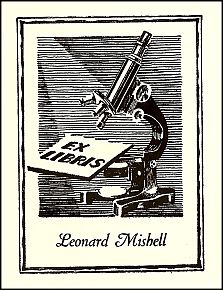Who knew that printing bookplates would be such a great way to find out about interesting projects around the world?
We recently received a second order from Richard Hewitt, a customer from the United Kingdom who teaches at the Kamuzu Academy in Malawi. Mr. Hewitt’s first order was for bookplates for his own use. This second order is for bookplates that will be placed in presentation copies of a book by Fr. Claude Boucher about a traditional Malawian dance, Gulu Wamkulu. For a fascinating explanation of this dance performed by select Chewa men, see http://www.unesco.org/culture/intangible-heritage/22afr_uk.htm.
Fr. Boucher is a Canadian missionary and White Father, a popular name for Missionaries of Africa, a Catholic religious order founded by Cardinal Lavigerie in the nineteenth century for missionary activity in Africa and the Middle East. The name “White Fathers” comes from the white habits worn by the early missionaries. Nowadays, just about all new recruits to the White Fathers are Africans themselves. Boucher came to Malawi from Quebec in 1967 and founded the Kungoni Centre of Culture and Art in 1976.
According to the Kungoni Centre website, Fr. Goucher is an initiated member of the Nyau secret society and as such “has been privileged to see and document songs, dances and information that have not previously been revealed to any non-Malawian. This rich cultural heritage is in the process of being lost as Gule Wamkulu continues to be pressured by Western values and urbanization.” Boucher’s book, When Animals Sing and Spirits Dance: Gule Wamkulu: The Great Dance of the Chewa People of Malawi, is due to be published in August, and will be the first book-length study of this traditional Malawian dance. More information will be available at http://www.kasiyamaliro.org/.
The bookplate we will be printing for the book, shown here, is Claude Boucher’s own design. It offers a literal illustration of a Chewa proverb, appropriate to thank those who have helped to fund the book. Malawian villagers support the roof of a traditional village hut by carrying it on their heads. They are helped by ancestral spirits (supernaturally elongated, pale, androgynous), who collaborate with the living in their work. God is depicted in the form of a mask with tribal scarification. Two of his aspects are suggested: Mphambe, the God of lightning; and Chiuta, the God of the rainbow, who serves to unite heaven and earth.
We are pleased to be a small part of this wonderful project supporting an important part of the Malawian culture.











